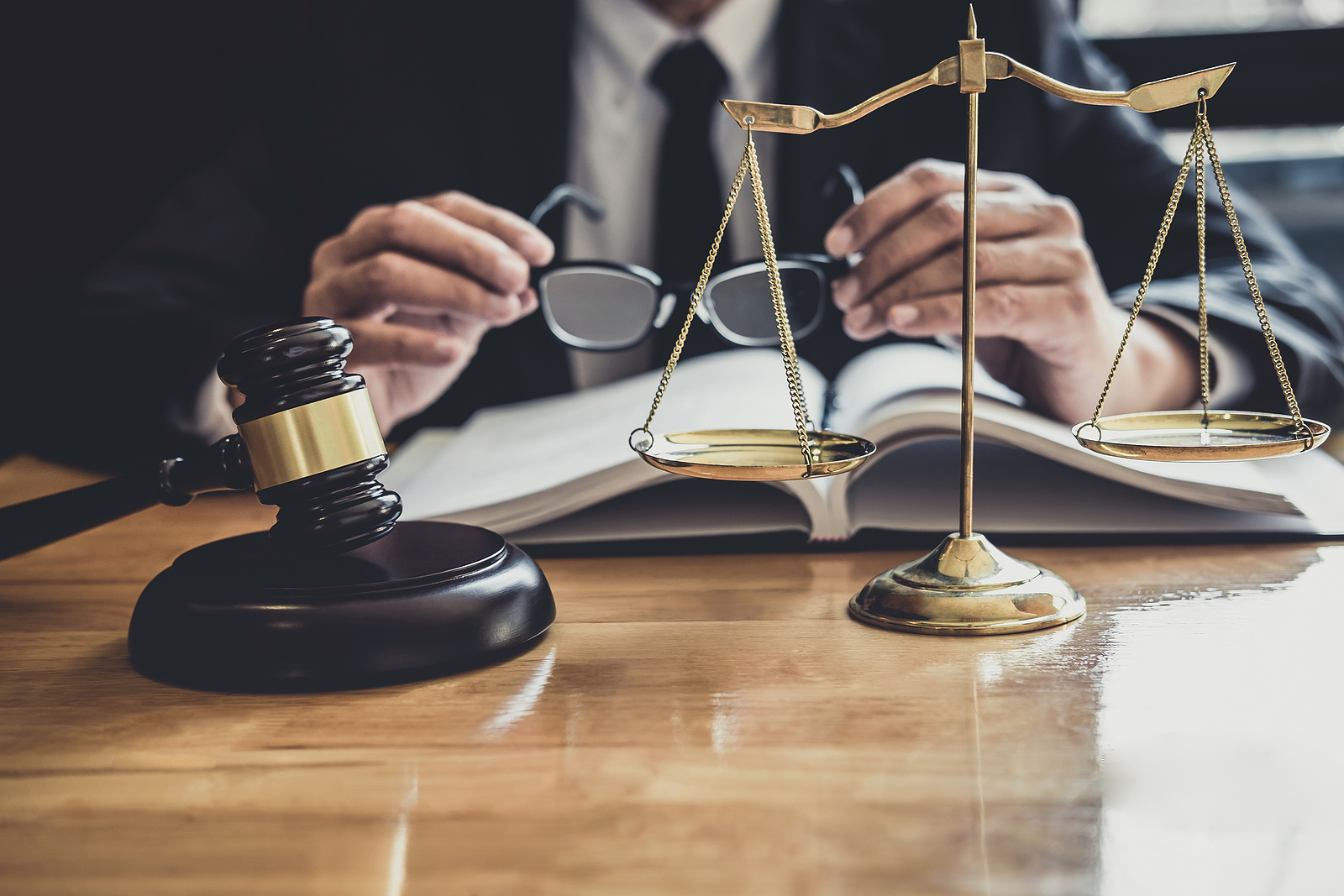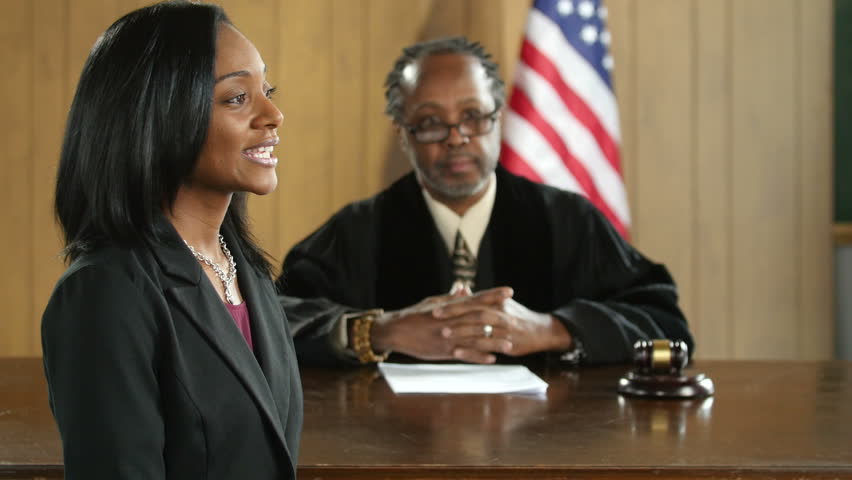Revealing the Proficiency and Jobs of an Appellate Legal Expert
In the complex world of appellate regulation, the duty of an attorney handles a distinct type calling for specialized skills and experience. An appellate lawful specialist is tasked with a myriad of responsibilities that go past the typical techniques of litigation. From diligently crafting convincing legal briefs to honing the art of oral advocacy, their payments are essential fit the outcome of cases at the appellate level. As we explore the complex world of appellate regulation, a closer exam of the important abilities and jobs of these specialists unveils a fascinating landscape that demands both precision and calculated acumen to navigate effectively.
The Duty of an Appellate Lawyer
In the world of appellate legislation, the role of an appellate lawful expert is critical in browsing the intricacies of higher court procedures and advocating for customers looking for appellate review. Appellate attorneys specialize in taking care of cases on charm, where the focus changes from realities and proof provided at test to legal disagreements and procedural problems. Their key duty is to review trial records, identify lawful errors, carry out lawful research study, draft influential briefs, and present oral disagreements before appellate courts.
Additionally, appellate attorneys function as tactical advisors to test attorneys, leading them on preserving lawful issues for possible allure and creating solid legal debates throughout the test process. They should have a deep understanding of appellate policies, procedures, and instance regulation to properly represent their clients' rate of interests. In addition, appellate attorneys play an essential duty fit the law by promoting for lawful concepts that can establish precedents impacting future cases. Overall, their proficiency and campaigning for skills are essential in seeking justice for customers with the appellate process.
Essential Abilities for Appellate Work
Proficiency in lawful evaluation and argumentation is basic for success in appellate work. Appellate attorneys must possess extraordinary research study skills to explore case legislation, laws, and lawful criteria to build convincing lawful debates. They should have a deep understanding of procedural rules and court guidelines to navigate the intricacies of the appellate procedure successfully. Writing abilities are paramount, as appellate work requires composing clear, succinct, and engaging legal briefs that articulate complex lawful issues persuasively. Interest to detail is critical in appellate work, as also small mistakes can have significant effects on the result of an instance.
Furthermore, vital believing skills are important for appellate lawful professionals to evaluate legal approaches, prepare for counterarguments, and determine weaknesses in rival advice's positions. In significance, a successful appellate lawful expert has an one-of-a-kind blend of logical, research study, writing, and campaigning for skills to succeed in the appellate field.
Crafting Persuasive Legal Briefs
Given the fundamental significance of outstanding research abilities and a deep understanding of procedural policies for success in appellate work, crafting convincing legal briefs stands as a crucial job for appellate lawyers. Legal briefs work as the main device for offering debates and legal analysis to appellate courts - appeal lawyers springfield illinois. To craft an influential lawful short, appellate experts need to thoroughly structure their disagreements, mention relevant legal authority, and anticipate and respond to possible counterarguments
Appellate lawful professionals have to demonstrate an eager ability to boil down complex legal principles into compelling and succinct debates that support their customer's placement. Mastering the art of crafting convincing lawful briefs is vital for appellate lawful professionals seeking success in supporting for their clients before appellate courts.

Planning For Oral Arguments
A vital element of the appellate procedure entails comprehensive preparation for providing oral arguments before the court - post conviction lawyer. Preparing for dental arguments needs a thorough understanding of the case, experience this with lawful criteria, and the ability to expect and react to concerns from the courts. Appellate lawful specialists should thoroughly assess the record, identify key legal problems, and craft convincing debates to sustain their customer's placement
Prior to the oral argument, legal experts must engage in moot court exercises to replicate the court room experience and obtain responses on their presentation. This practice allows them to refine their arguments, improve their delivery, and enhance their capability to address challenging inquiries effectively.

Browsing the Appeals Refine
Effectively navigating the appeals procedure requires a tactical understanding of procedural regulations and timelines within the appellate court system. The procedure normally begins with filing a notification of charm within a specified timeframe after a last judgment is gone into at the trial court degree (garland texas appeal lawyer). As soon as the notice of allure is submitted, the appellant should after that construct the record on appeal, which includes appropriate records, records, and exhibits from the test court proceedings

Throughout this procedure, appellate lawful specialists have to stick to rigorous step-by-step policies and target dates to guarantee their disagreements are heard and thought about by the appellate court. By grasping these complexities, attorneys can successfully navigate the charms procedure and advocate for their clients' interests.
Verdict
Finally, the competence and tasks of an appellate lawyer are crucial in browsing the complex appeals procedure. With crucial abilities in crafting convincing legal briefs and planning for oral arguments, these specialists play a crucial role in advocating for customers in appellate court. By comprehending the subtleties of appellate work and having the required skills, appellate lawful experts are geared up to effectively stand for clients in the appeals procedure.
Furthermore, appellate lawful experts serve as calculated consultants to test attorneys, guiding them on protecting legal issues for potential charm and developing solid legal disagreements throughout the trial procedure. Appellate lawful experts must have outstanding study skills to dive into instance law, laws, and lawful criteria to build convincing lawful arguments.Provided the fundamental significance of exceptional research study abilities and a deep understanding of procedural policies for success in appellate work, crafting convincing lawful briefs stands as a vital job for appellate lawful experts. Mastering the art of crafting persuasive legal briefs is necessary for appellate legal professionals looking for success in supporting for their clients before appellate courts.
Appellate legal specialists must carefully examine the document, identify essential legal problems, and craft influential arguments to sustain their customer's position.